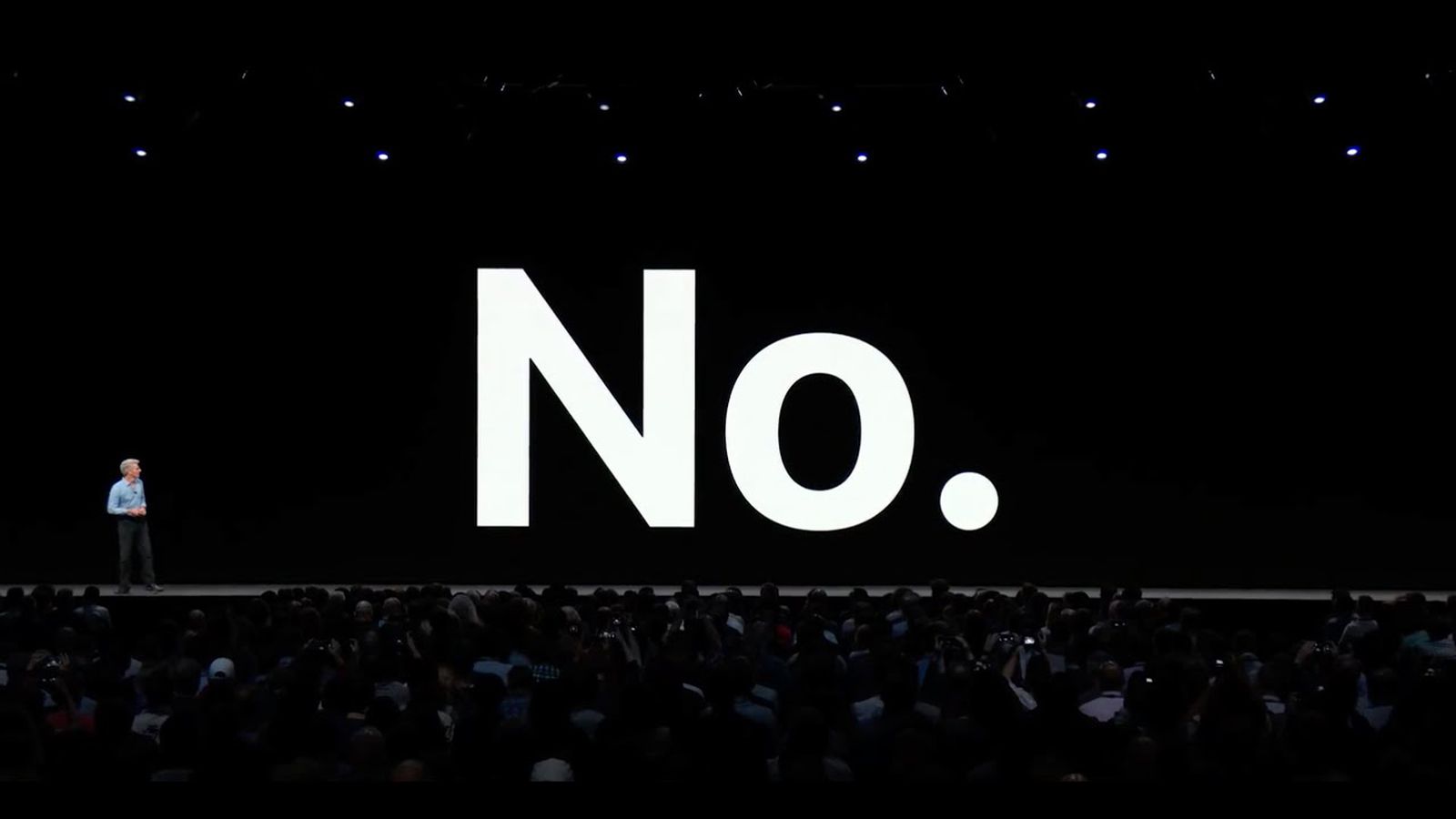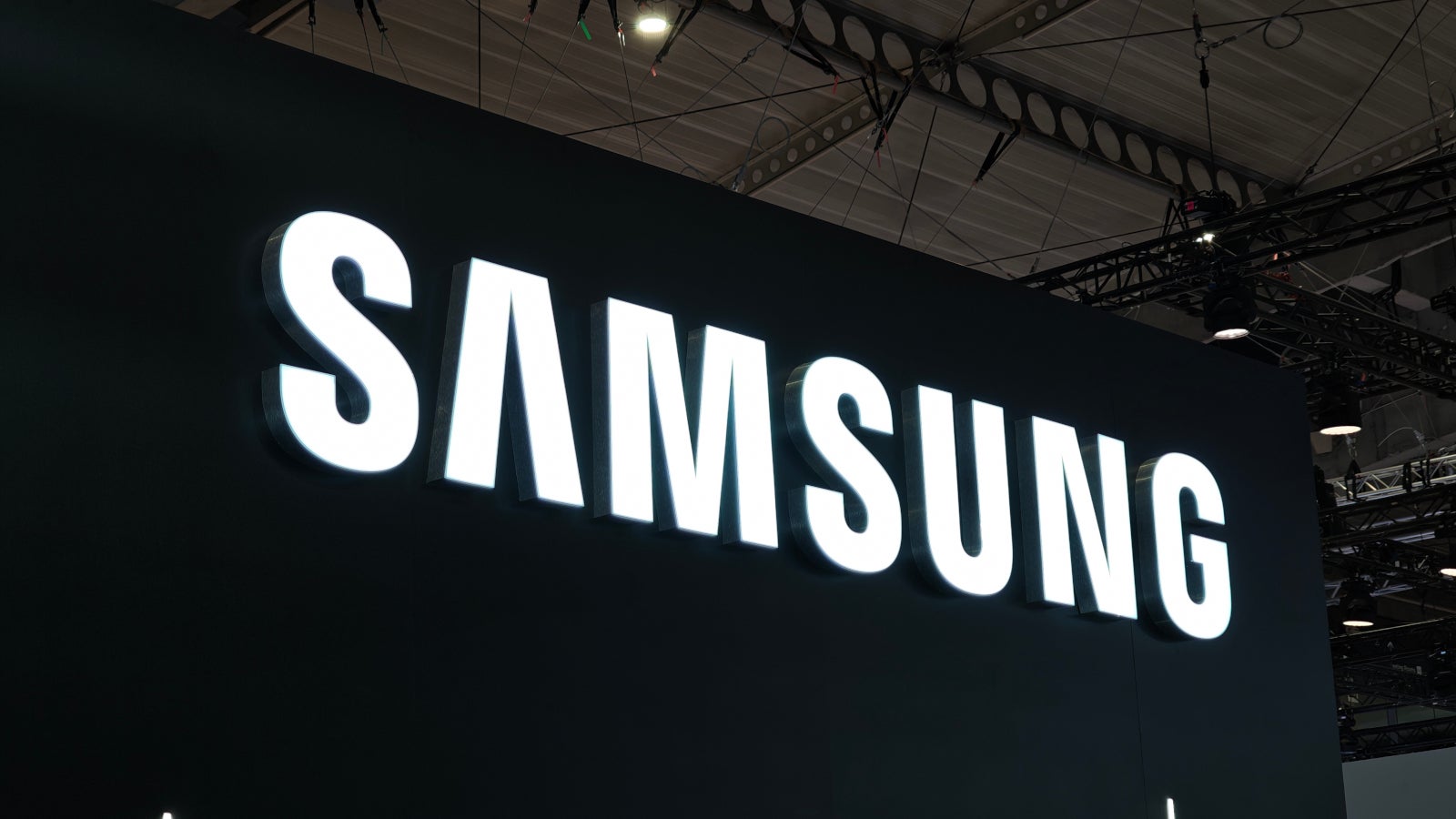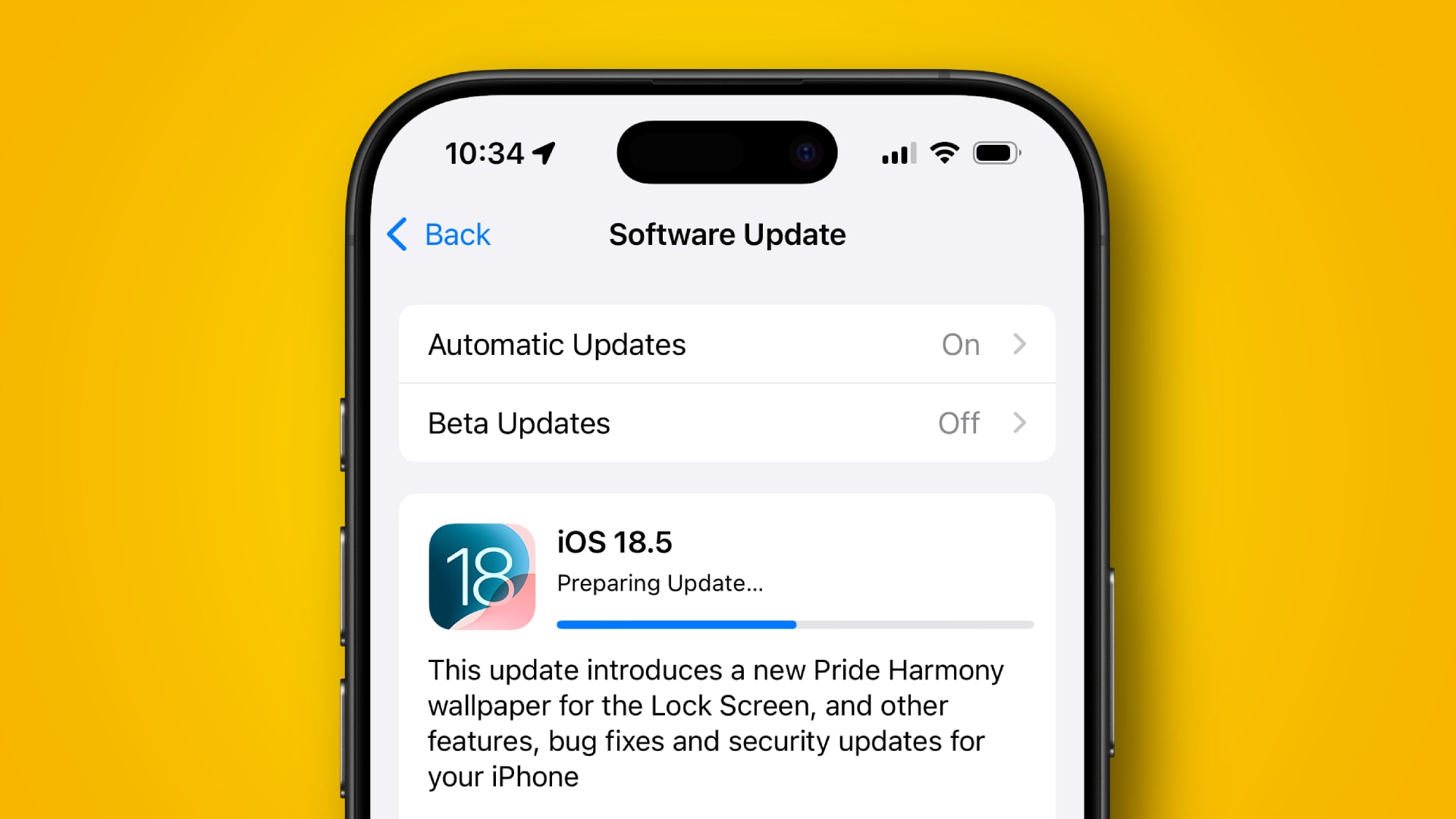I am a cybersecurity expert and I predict UK retailers face a brutal summer of coordinated attacks—here's why
Major retailers attacked; cybersecurity expert warns of escalating sector-wide threats.

The recent spate of cyberattacks targeting major UK retailers has sent shockwaves through the industry, exposing critical vulnerabilities in the sector's IT infrastructure. In just two weeks, high-profile brands including Marks & Spencer, Co-op, and Harrods have fallen victim to sophisticated attacks that have disrupted operations and potentially compromised sensitive data.
These incidents highlight a troubling pattern—threat actors are increasingly setting their sights on retail organizations, which represent lucrative targets due to their vast customer databases and the devastating operational impact of even brief outages. With millions in revenue lost and consumer trust at stake, these attacks serve as a stark warning that the retail sector must fundamentally rethink its approach to cybersecurity.
Security Nightmare Unfolds Across British High Street
The attack sequence began with Marks & Spencer falling victim to what appears to be a ransomware incident attributed to the notorious Scattered Spider group. The timing—over the busy Easter weekend—appeared deliberate, maximizing disruption when the retailer was least prepared to respond.
The consequences were immediate and severe—online ordering systems collapsed, click-and-collect services failed, and contactless payment gateways went offline. Some locations reported empty shelves as inventory management systems faltered, creating a visible manifestation of the digital chaos unfolding behind the scenes.
Within days, Co-op and Harrods reported similar security incidents, suggesting a coordinated campaign or the exploitation of common vulnerabilities across the sector. Co-op took the precautionary step of shutting down significant portions of its IT infrastructure, while Harrods restricted internet access across its operations. Though neither has confirmed the full extent of the breaches, the proximity of these incidents has raised alarms about a potentially systemic vulnerability being exploited.
The financial impact has already proven substantial, with M&S alone facing millions in lost revenue. Yet the long-term consequences—including potential exposure of customer data—may prove far more damaging to brand reputation and consumer trust.
The Industry & Community Responds
The severity of these attacks has prompted a coordinated response. The UK National Cyber Security Centre (NCSC) has emerged as the central coordinating body, working directly with security teams at M&S, Co-op, and Harrods to contain the damage and investigate attack vectors. The agency has simultaneously issued urgent, updated guidance to all retailers, emphasizing that these incidents likely represent a sector-wide threat rather than isolated cases.
Information sharing has become particularly important, with the NCSC working closely with the Information Commissioner's Office (ICO) and law enforcement to establish a unified response framework. Parliamentary committees have also stepped in, seeking assurances that adequate support is reaching affected businesses and that key lessons are being shared throughout the sector.
Industry experts have been blunt in their assessment—the retail sector can no longer afford complacency in cybersecurity matters. Legal and security professionals point to these incidents as evidence that modern attacks involve sophisticated reconnaissance, with threat actors often probing systems for months before launching their primary assault. The sector now faces pressure to fundamentally reconsider its approach to data governance, incident response, and customer transparency.
What Retailers Must Do—Strengthening Defenses Against Cyber Threats
With retail organizations clearly in the crosshairs of sophisticated threat actors, immediate action is essential. Based on security best practices and lessons from these incidents, retailers should implement the following protective measures:
Focus on external attack surfaces. The vast majority of breaches involve external actors exploiting internet-facing assets. Retailers must prioritize continuous monitoring of external systems, particularly ecommerce platforms, payment processing endpoints, and customer-facing applications that represent prime targets.
Implement comprehensive discovery. Security teams can't protect what they don't know exists. Discovery must span all business units, subsidiaries, and acquisitions, including cloud services, on-premise systems, and third-party integrations. Many retailers operate complex technological ecosystems with legacy systems and modern cloud computing infrastructure operating in parallel—each representing potential vulnerability points.
Test continuously, not periodically. The traditional approach of annual penetration testing is insufficient. Implement ongoing security testing across all exposed assets, including regular application security assessments and retail-specific security evaluations that account for the unique threats facing the sector.
Adopt risk-based prioritization. Not all vulnerabilities carry equal weight. Evaluate threats based on potential business impact rather than technical severity alone. Factors like customer data exposure, operational dependencies, and regulatory implications should guide remediation priorities.
Share intelligence broadly. Security isn't just an IT department concern. Integrate exposure management into existing business processes through automation and clear communication channels. Ensure findings reach relevant stakeholders from operations to customer service, creating a culture of security awareness.
These recent attacks are certainly a wake-up call for UK retailers, and other industries. Security can no longer be treated as an afterthought or compliance exercise, especially when sophisticated threat actors stand ready to capitalize on every vulnerability. With proper preparation and a proactive security posture, retailers can significantly reduce their risk profile and protect both operations and customer trust.
We list the best antivirus software in 2025 for PC.
This article was produced as part of TechRadarPro's Expert Insights channel where we feature the best and brightest minds in the technology industry today. The views expressed here are those of the author and are not necessarily those of TechRadarPro or Future plc. If you are interested in contributing find out more here: https://www.techradar.com/news/submit-your-story-to-techradar-pro





















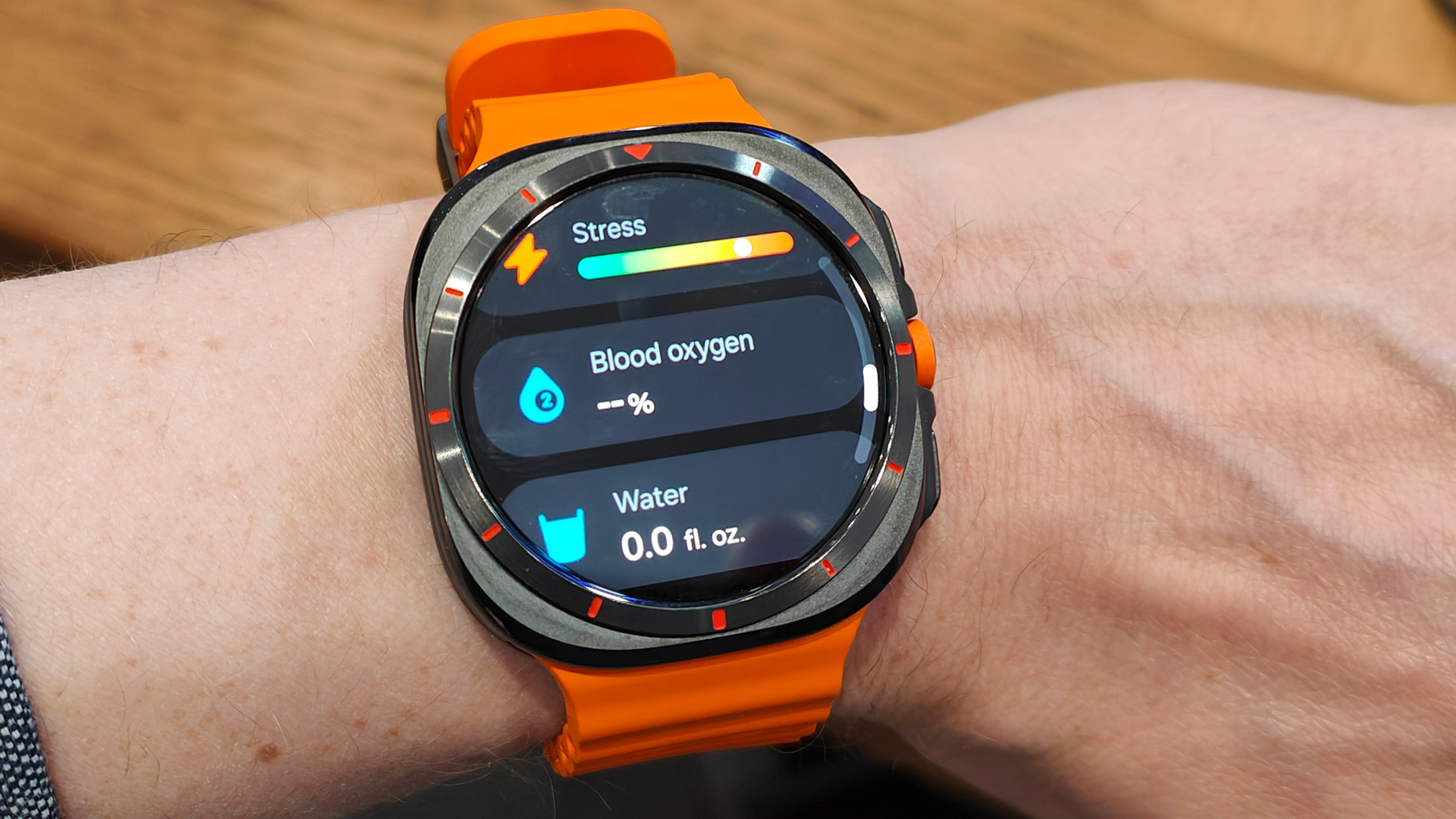




















































































































































![[The AI Show Episode 153]: OpenAI Releases o3-Pro, Disney Sues Midjourney, Altman: “Gentle Singularity” Is Here, AI and Jobs & News Sites Getting Crushed by AI Search](https://www.marketingaiinstitute.com/hubfs/ep%20153%20cover.png)



































































































































































































![GrandChase tier list of the best characters available [June 2025]](https://media.pocketgamer.com/artwork/na-33057-1637756796/grandchase-ios-android-3rd-anniversary.jpg?#)








































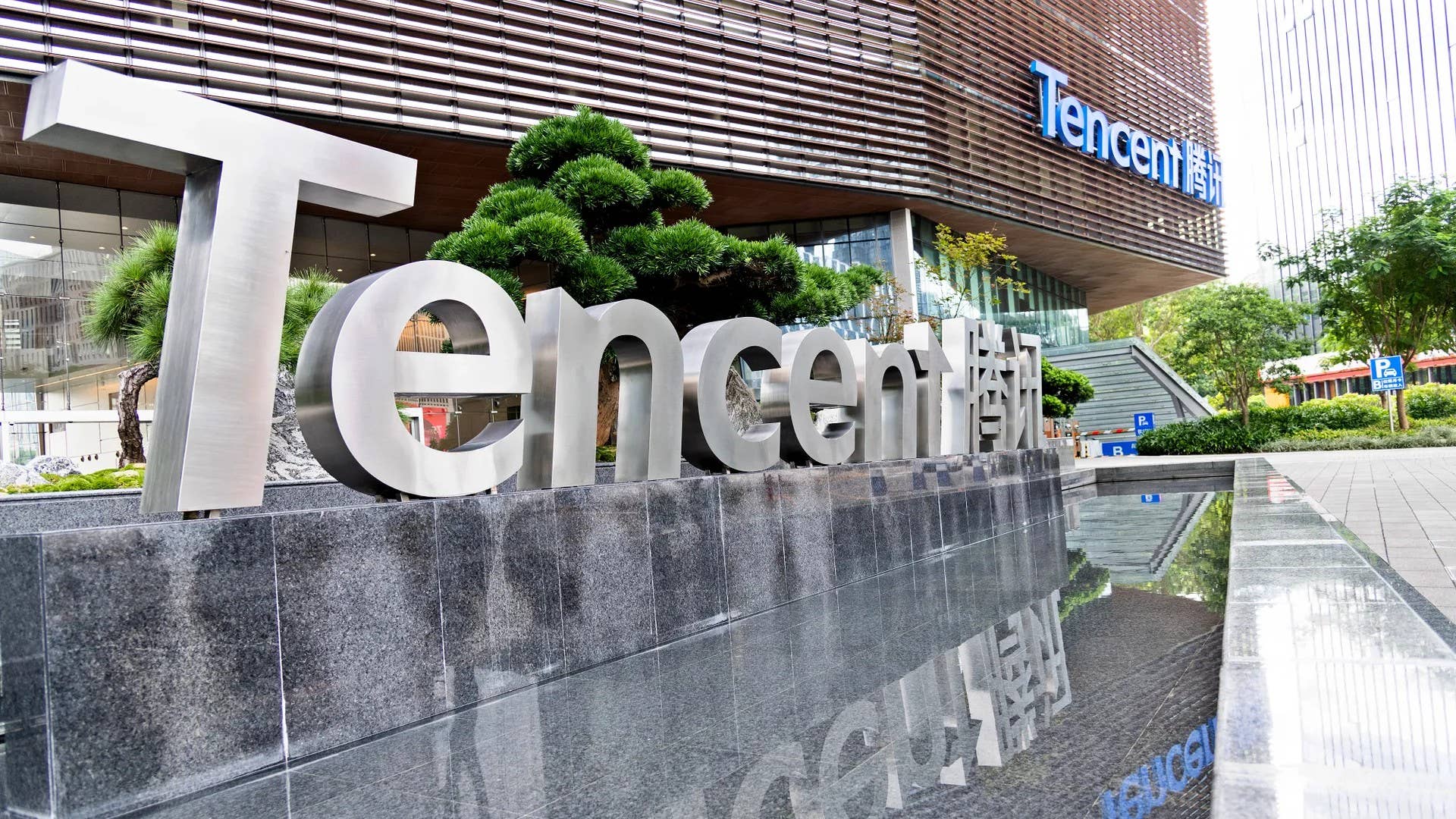


























_Brain_light_Alamy.jpg?width=1280&auto=webp&quality=80&disable=upscale#)


















































![[Fixed] How to Recover Unsaved Word Document on Windows 10/11](https://www.pcworld.com/wp-content/uploads/2025/06/How-to-recover-unsaved-word-document-main.png?#)











































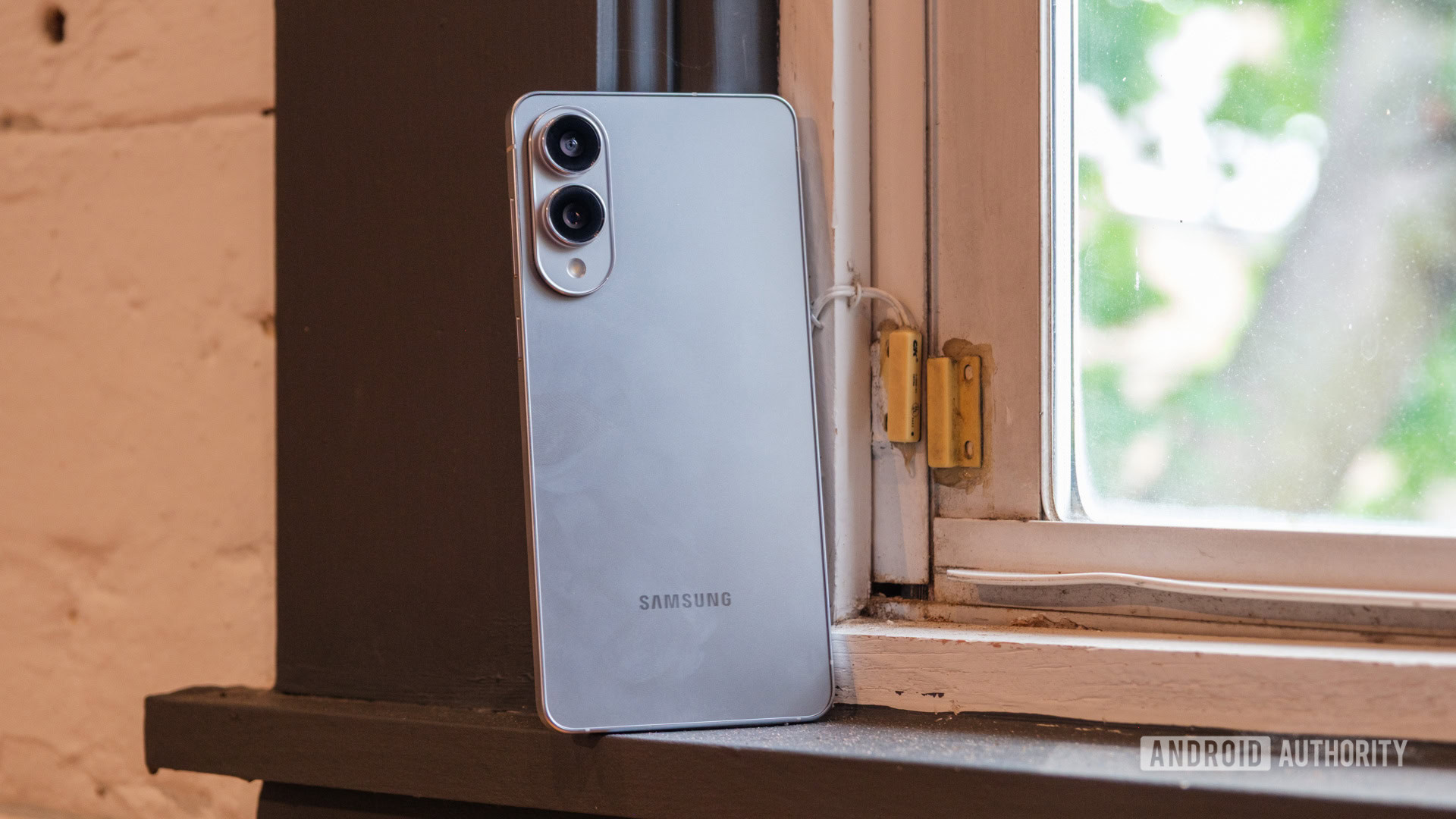






















![Apple Shares New Shot on iPhone Film: 'Big Man' [Video]](https://www.iclarified.com/images/news/97654/97654/97654-640.jpg)
![Apple Still Finalizing Key Parts of Its Foldable iPhone [Kuo]](https://www.iclarified.com/images/news/97655/97655/97655-640.jpg)

![Apple's F1 Camera Rig Revealed [Video]](https://www.iclarified.com/images/news/97651/97651/97651-640.jpg)











































